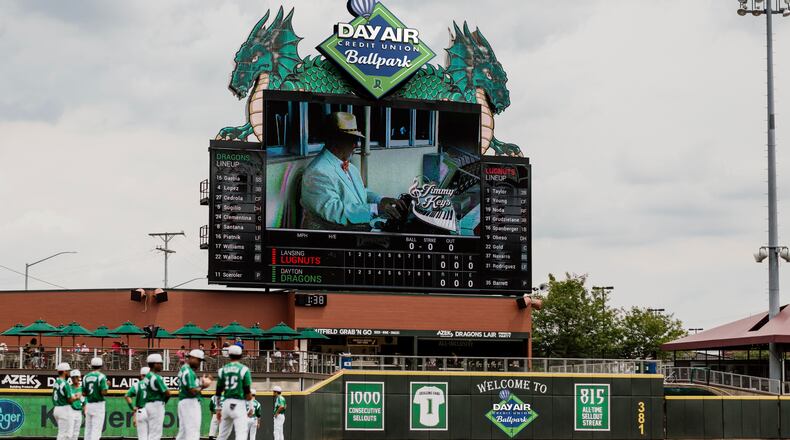Asked by the Dayton Daily News about the prohibition on using ARPA funds for “stadiums,” county spokeswoman Deb Decker said the funding relies on several factors including contributions from the city of Dayton and the owners of the Dragons.
“We have submitted the Dragons assistance plan to our contracted legal firm, Bricker & Eckler, to see if it falls under Travel/Tourism in ARPA,” Decker said. “If they determine it does not meet ARPA criteria for Travel/Tourism, we can shift it to another category or another revenue source.”
Some are critical of the proposal.
“What does baseball have to do with rescuing people who can’t pay rent?” said Doug Wagner of Kettering in response to an online survey from this newspaper on how COVID relief funds should be spent.
Wagner said he believes local governments should spend money on expanding broadband and rent assistance, but instead is concerned they are undertaking projects that will increase inflation.
ARPA restrictions
U.S. Department of Treasury rules give local governments broad leeway in spending American Rescue Plan funds, noting only a few specifically ineligible uses, such as:
— No payments for debt service and replenishments of rainy day funds
— No satisfaction of settlements and judgments
— No uses that violate conflict of interest requirements or federal, state or local law
The rules generally say uses have to support ARPA’s stated purpose of addressing the COVID pandemic, particularly in marginalized communities. Under the section on capital projects, it says Treasury presumes the following projects are ineligible;
— Construction of new correctional facilities as a response to an increase in rate of crime
— Construction of new congregate facilities to decrease spread of COVID-19 in the facility
— Construction of convention centers, stadiums, or other large capital projects intended for general economic development or to aid impacted industries
In the section of rules regarding negative economic impacts, it says: “Note that the final rule maintains that general infrastructure projects, including roads, streets, and surface transportation infrastructure, would generally not be eligible under this eligible use category, unless the project responded to a specific pandemic public health need or a specific negative economic impact.”
“Similarly, general economic development or workforce development – activities that do not respond to negative economic impacts of the pandemic but rather seek to more generally enhance the jurisdiction’s business climate – would generally not be eligible under this eligible use category.”



